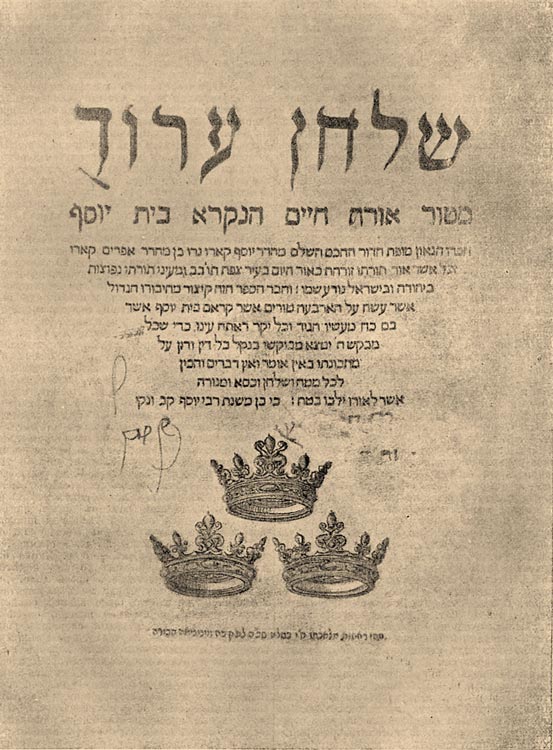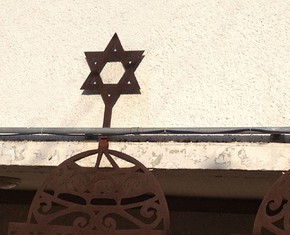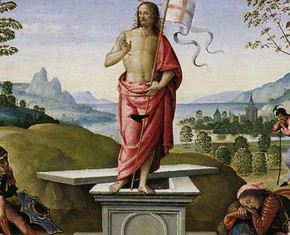The views expressed in our content reflect individual perspectives and do not represent the authoritative views of the Baha'i Faith.
The gift of God to this enlightened age is the knowledge of the oneness of mankind and the fundamental oneness of religion. – Abdu’l-Baha, Divine Philosophy, p. 12.
In the previous essay in this series, I categorized contemporary religion into three separate modes – fundamentalism, materialism and postmodern pluralism. Before going further, I want to say that it’s easy to empathize with each conception as a reaction to the extremes of the other two. The Materialist reaction to Fundamentalist fire-and-brimstone judgmentalism and the blind eye to science, and Materialism’s rejection of the woo-woo superstitions of much of Postmodern Pluralism’s new age wing, is wholly understandable and even praiseworthy at a certain level.
For her part, we can admire the Postmodern Pluralist for recognizing that the choice between the extremes of Materialism and Exclusivist Fundamentalism is a false one — that God exists but doesn’t necessarily conform to the hyper-literal interpretation of the Bible Belt, the orthodox synagogue, or the madrassa.
We can even find a grudging degree of empathy here for the Fundamentalist, who on one hand is repulsed by the inherent nihilism of the Materialist, and, on the other, equally loathes the Postmodernist’s moral relativism, or fair-weather, soft-focus, affirmation-based theology, or gradual abandonment of personal morality.
What’s more, all three of these conceptions of religion exist in the East and the West. And every major religion has suffered the schismatic split between Fundamentalism and Pluralism (conservatism/traditionalism vs. liberalism/progressivism) Think Orthodox vs. Reform Judaism, fundamentalist sharia Muslims vs. Sufi mystics who may have little use for religious law, evangelicals vs. the Christian left, and so on. Every major tradition has felt and is feeling the strain of those modes pulling in these opposite directions. Indeed, within tiny religious communities such as single congregations, or even families, one sees the split, as when certain members of a church feel the necessity of upholding the fundamentals of scripture; while another faction, instinctively uncomfortable with scriptural anachronisms (like Creationism or stoning), pushes the congregation toward ever more liberal stands.
By identifying three categories, I don’t mean to suggest an over-simplified scheme in which every person or congregation within a given category appears identical. We can picture the phenomenon as a pie divided into three sections (the Mercedes-Benz logo), in which each individual, depending on his or her constellation of views, could be plotted on the graph closer to one of the other two conceptions or farther away, as well as closer to the middle (moderation) or to the edge (extreme). But even taking the subtleties into account, the three basic conceptions held true for centuries.
Until Baha’u’llah.
Just when it seemed that there really could be no other conception of religion than these three, and that these views were irreconcilable at the deepest level, Baha’u’llah, the prophet and founder of the Baha’i Faith, introduced a notion that was essentially different from all three of these — answering “None of the Above.” This new conception, known as progressive revelation, has created a “fourth way,” a completely unique and different way to think about faith.
In short, progressive revelation means that God reveals His will to humanity gradually and through progressive stages over time. A few simple metaphors might help illustrate the idea.
The Baha’i conception of the historic religions is not the typical one of competing ideologies, but rather that the world is a schoolhouse, and each of the prophets are teachers, instructing at a different grade level. There is only one principal – God — who is in charge and is directing the teachers. Each teacher has authority in each of their respective classrooms. The fact that the first-grade teacher is covering one topic and the fifth-grade teacher another does not mean that one is right and the other wrong. It merely means that the teachers dispense their lessons at an age-appropriate level, and with different classroom rules to optimize learning at that stage of human development.
Rather than viewing the great religions of history as separate books, Baha’is view them as chapters in one single book, a book that gets more sophisticated as each chapter arrives.

















Comments
Sign in or create an account
Continue with Googleor